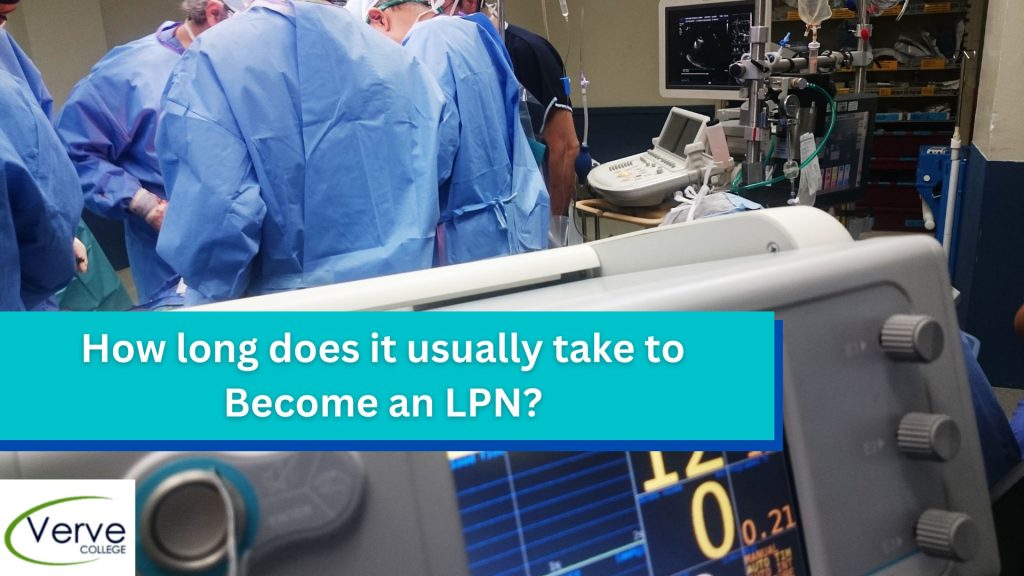- Oak Brook:(630) 705-9999
- Chicago:(312) 920-8822
- Email:inquiry@vervecollege.edu
- Make a Payment
- Home
- Programs
- Admission
- Resources
- ATI Entrance Exam Resources
- New E-Digital Library
- Refer a Friend
- School Newsletter
- Events
- Employers
- Job-Network
- Alpha Beta Kappa Candidates
- Verve College Library
- Graduation and Pinning Ceremony Photo Galleries
- Textbook Information
- Career Services
- Tutoring
- School Catalog
- FAQ
- Constitution Day Program
- Alumni
- Verve College Plans
- Financial Aid
- HEERF Reporting
- Satisfactory Academic Progress
- Apply For Financial Aid
- Net Price Calculator
- Return of Title IV Funds (R2T4)
- Financial Aid Office Code of Conduct
- Contact
- FAQs
- Verification Policy
- Vaccination Policy
- Student Right-to-Know Act
- Misrepresentation
- Information Security Program
- Academic Award Year
- Availability of Employee
- Cost of Attendance
- Health & Safety Exemption Requirement
- Students Rights and Responsibilities
- Leave of Absence
- Pell Formula
- Military Students
- Grants/ Scholarship Policy
- Contact Us
- Login
- Testimonials
- Blog
Is a Nursing Career Right For You?
Take The Free Quiz
How Long does it Usually take to Become an LPN?
How Long does it Usually take to Become an LPN?
There are many distinct paths in nursing. The path to becoming a Licensed Practical Nurse is the most well-known and popular (LPN). Basic patient care is provided by LPNs, who are typically supervised by doctors. LPNs can find employment in a variety of settings, such as outpatient clinics, long-term care facilities, and rehabilitation centers.
LPNs make a good medical professional choice. But they can also serve as excellent stepping stones for other nursing specialties (e.g; becoming RN). Any healthcare facility where you work in the future will value your Licensed Practical Nurse experience. It’s also an excellent starting point for fruitful and protracted career insights in medicine.
The good news is that you can become a Licensed Practical Nurse without going to expensive institutions or spending hundreds of thousands of dollars on education. This is a fantastic approach to advance rapidly and cheaply in the medical industry. Like other healthcare occupations, the Licensed Practical Nurse employment field has a promising future.
What is the Average Time it Takes to Become an LPN?
Most people finish their LPN programs in one to two years, though this can vary. But there are also accelerated courses that can hasten the process of getting your LPN certification.
What sort of training is necessary to become a Licensed Practical Nurse? What are the criteria for certification and re-certification? What is the price? Let’s examine the prerequisites for becoming an LPN in more detail.
Also Read:-Is Taking LPN Certificate Worth it?
What Kind of Training is Required to Become an LPN?
A high school diploma or GED is required to apply for an LPN program. The prerequisite for becoming a Licensed Practical Nurse is this.
Next, enlist in an official practical nursing programs. numerous vocational schools, community colleges, and other institutions are offering these programs. These institutions are offering these programs. Make sure you are enrolled in a program that has been accredited. You won’t be able to become board-certified if you don’t.
Although LPN programs have varied curricula, they typically cover the same subjects. The essentials of nursing, such as patient care and safety procedures, will be presented. Your coursework will cover human anatomy, biology, pharmacology (using and delivering medication), and adult and pediatric nursing.
Conclusion
How long does it typically take to become an LPN? Depending on the circumstance, becoming a Licensed Practical Nurse can take up to 14-15 months. You must pass the NCLEX PN exam and complete an approved LPN training program in order to become a Licensed Practical Nurse. After that, your state will require you to be re-certified.
This medical profession has a very promising future. This is brought on by a number of things, such as an aging population and chronic diseases that call for greater hands-on care. The LPN position is a wonderful springboard for additional nursing profession specialties and positions. Licensed Practical Nurses are a wise investment because they can be found for a reasonable price and have a high starting pay.
 Sign up
Sign up Login
Login




